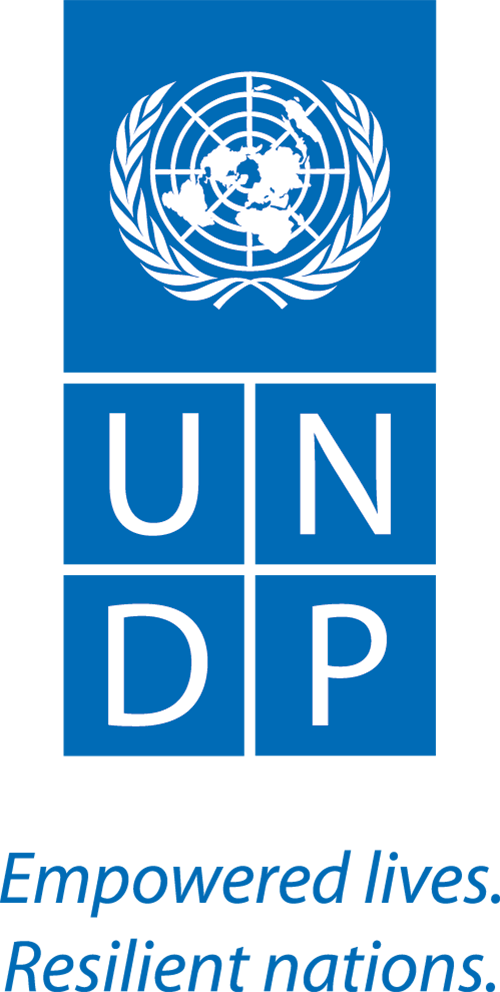Scaling-up of Glacial Lake Outburst Flood (GLOF) risk reduction in Northern Pakistan
Rising temperatures have melted glaciers, creating glacial lakes in Northern Pakistan. These carry the risk of outburst flooding events, threatening over 7 million people. Early warning systems, engineering structures and disaster management policies will reduce risk, protecting local communities and providing early warning of devastating flood events.
The melting of the Hindu Kush, Karakoram, and Himalayan glaciers in Northern Pakistan due to rising temperatures have created 3,044 glacial lakes in the federally-administered territory of Gilgit-Baltistan (GB) and the province of Khyber Pakhtunkhwa (KP). It is estimated that 33 of these glacial lakes are hazardous and likely to result in glacial lake outburst floods. Such flooding releases millions of cubic metres of water and debris in just a few hours, resulting in the loss of lives, destruction of property and infrastructure, and severe damage to livelihoods in some of the most remote areas of Pakistan.
The project will build 250 engineering structures including damns, ponds, spill ways, tree plantation and drainage to reduce risk. At the same time, the development of disaster management policies and the introduction of weather monitoring stations, flood gauges, hydrological modelling and early warning systems will increase the ability to respond rapidly to flood scenarios.
The project has an estimated lifespan of 15 years.
Project timeline
Pipeline
30 May 2015 • 504 days
Concept note received
30 May 2015
Funding proposal received
31 Jul 2015
Legal opinion on AE's Internal Approval
28 Sep 2016
Approved
14 Oct 2016 • 272 days
Approved by GCF Board
14 Oct 2016
Cleared by iTAP
14 Oct 2016
FAA executed
19 May 2017
Under implementation
12 Jul 2017 • 2,851 days so far
FAA effective
12 Jul 2017
Disbursement - USD 10,504,366
21 Mar 2018
Annual Performance Report
23 Mar 2018
Annual Performance Report
01 Mar 2019
Disbursement - USD 7,461,097
14 Jun 2021
Disbursement - USD 7,698,739
21 Jun 2022
Disbursement - USD 5,737,254
21 Aug 2023
Disbursement - USD 5,558,544
11 Dec 2023
To be completed
31 Dec 2025 • 244 days to go
-
Financing
- Private sector
- Public sector
-
Size
- Micro
- Small
- Medium
- Large
GCF financing100% disbursed
| Instrument | Amount |
|---|---|
| Grant | USD 36,960,000 |
| Total GCF Financing |
|---|
| USD 36,960,000 |
Co-financing
| Co-financer | Instrument | Amount |
|---|---|---|
| Co-Financing | Grant | USD 500,000 |
| Total Co-Financing |
|---|
| USD 500,000 |
GCF Contacts
General media inquiries
GCF CommunicationsSend e-mail
Request for information
GCF Information DisclosureRequest information about this project
Project complaints and grievances
GCF Independent Redress Mechanism (IRM)Phone +82 32 458 6186 (KST)
File a complaint
Integrity issues
GCF Independent Integrity Unity (IIU)Phone +82 32 458 6714 (KST)
Send e-mail
Entity

United Nations Development Programme
Executive Coordinator, ad interim (A.I)
304 East 45th Street, FF-9th Floor, New York, United States
Principal Advisor Environmental Law and Policy
304 East 45th Street, FF-9th Floor, New York, United States
More contacts
National Designated Authority
Ministry of Climate Change and Environmental Coordination
Additional Secretary I
2nd Floor, Ministry of Climate Change and Environmental Coordination, LG&RD Complex, G-5/2, Islamabad, Pakistan
Documents
Pages
News + Stories

Climate crisis in the Himalayas: addressing the threat of melting glaciers in Northern Pakistan
22 Mar 2024 / In the majestic landscapes of Northern Pakistan, a silent catastrophe is unfolding. Rising temperatures have taken a toll on the Hindu Kush, Karakoram, and Himalayan glaciers, causing them to melt at an alarming rate. As a result, glacial lakes have emerged, shimmering like jewels amidst the rugged terrain. Risks and recognition These glacial lakes pose a significant risk of flooding events, capable of unleashing devastation upon the land and its people. Over seven million people live in the shadow of an impending disaster.

